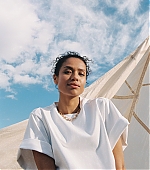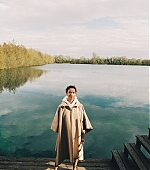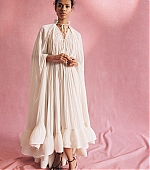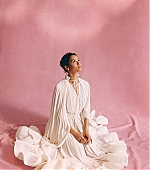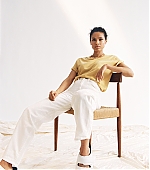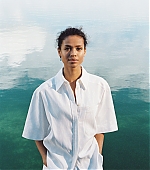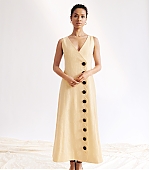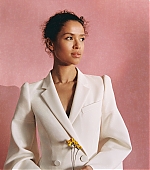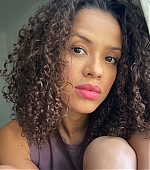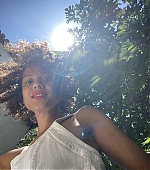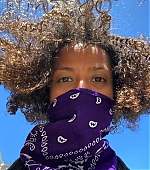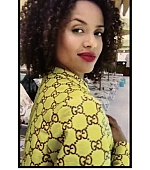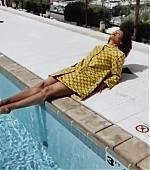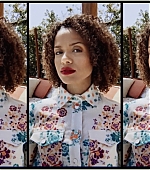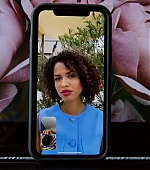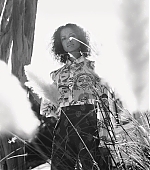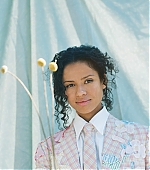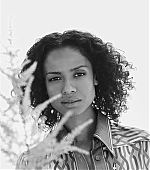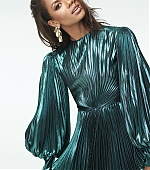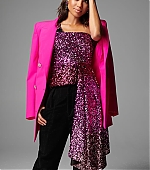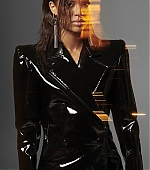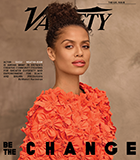
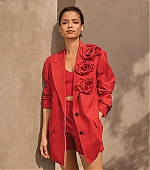
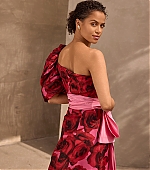
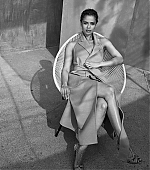
In June 2020, amid the global Black Lives Matter movement, a three-page open letter began circulating across the U.K. film and TV industry with four commands from its signatories: Banish your weak excuses, be more demanding, expand your vision and empower Black and brown independent producers.
Modeled after a letter to Hollywood issued by New York’s Black TV & Film Collective, the U.K. dispatch was bold and unapologetic, ultimately garnering 5,010 signatures from the likes of Gugu Mbatha-Raw, Michaela Coel, Chiwetel Ejiofor, Colin Firth, Florence Pugh and other top talent.
It was, as Mbatha-Raw puts it, “so un-British.” In a good way.
The U.K. had its own reckoning with race following the murder of George Floyd on May 25 in America, and the local film and TV industry was quick to make declarations of allyship and engage in untold commitments. The letter presented a framework for the missing link: accountability.
“The Morning Show” star Mbatha-Raw was among a group of signatories of the letter — including actors, writers, producers, agents and casting directors — approached by Variety to reflect on how the equality-focused agenda around the Black Lives Matter movement and the demands made in the letter have manifested in their careers. From their vantage point, has it been a movement or merely a moment?
“I remember thinking, ‘There’s nothing polite about this [letter],’” recalls Mbatha-Raw, who was filming in the U.S. when she was sent the document through her U.K. agent. “It was assertive and demanding, and articulated things that have been very easy to generalize.”
In the past year, Mbatha-Raw — who will soon relocate from Los Angeles back to her home of Oxfordshire in the U.K. — has unlocked a new chapter in her career by accepting invitations to serve as a producer, first on the thriller series “The Girl Before,” in which she stars alongside David Oyelowo, and Apple TV Plus’ thriller “Surface” from Reese Witherspoon’s Hello Sunshine. The timing of these offers isn’t lost on her, and she’s eager to take them on.
“There is an awareness now that if you’re telling a story about women of color, there will be nuances and details in the story and how it’s put together where it’s valuable to have those voices and points of view helping to assemble the project,” says Mbatha-Raw. “I’m trying to be the change myself. I don’t think I’ve worked with any producers of color in the U.K., and that’s shocking to me.” [More at Source]
